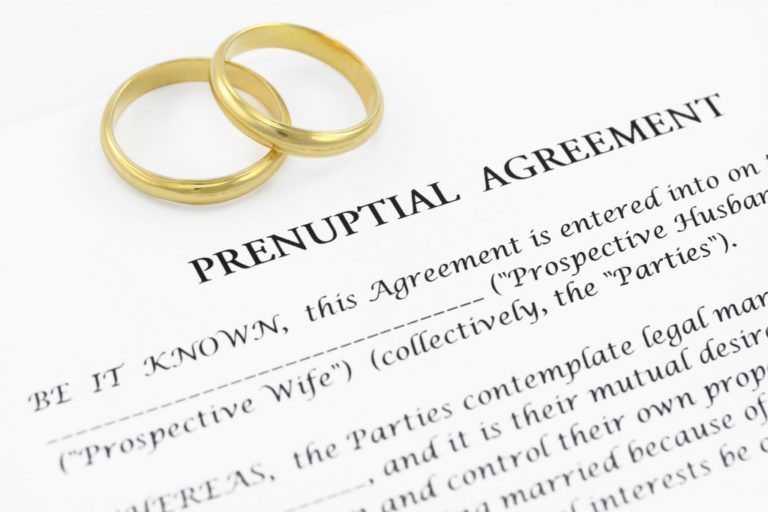You’re daydreaming about the wedding — your wedding look, the gorgeous chapel, your closest friends and family there to support you. Then your partner snaps you out of your reverie to ask about something you’ve never talked about — a prenup.
It’s normal to feel intense emotions as soon as these words leave his or her mouth. A prenuptial agreement stipulates what would happen in case you split up. Is your partner already anticipating a divorce even before you walk down the aisle?
Before you baulk at the proposal, calm down and look at it this way: a prenup is not intended to be a personal attack. It’s planning, in case any of you changes or unforeseen events occur. It’s money talk, and just like any couple, you have to discuss the financial well-being of each other and the family you’re about to build.
It’s Not Just about Wealth
Many solicitor firms in London would tell you that divorce could be a bloodbath. It’s a vicious, emotional battle, especially when children and substantial assets are in question. A prenup provides a soft landing. It discusses how to handle the five key aspects of your finances:
- Your income before the marriage
- The assets you’ve obtained before the marriage
- The property acquired during the marriage
- Retirement plans
- Spousal support
People think of it as a legal arrangement reserved for heirs, heiresses and celebrities. A growing number of people who don’t belong in the A-List club, however, see prenups as a sound choice before making the wedding vows.
It’s because a lot of people get married later into their careers and, consequently, enter the marriage with established bank accounts. Their fortune, no matter how big, is independent of the union, and they want to preserve that. A prenup also protects the assets a person wishes to leave to children from a previous marriage.
Some people also enter the marriage with considerable debt, like student loans. A prenup protects their future spouses from that liability.
How Will It Affect Your Marriage?
 Such conversations are rarely comfortable but understand that it’s not a judgement of your behaviour, but a practical conversation about the future.
Such conversations are rarely comfortable but understand that it’s not a judgement of your behaviour, but a practical conversation about the future.
Will the prenup affect your marriage in any way? Well, no. It’s just a piece of paper you can put away and never look at again. Countless couples have stayed married for life, even with a prenup.
There are times, however, that the prenup may brew animosity. It’s important that you and your partner talk about a prenup well before you walk down the aisle.
Agreeing (or Disagreeing) to a Prenup
It’s important that you reach an agreement regarding the prenuptial arrangement. Similarly, nobody should be pressured or coerced into signing the document. If you can’t come to terms, consider couples counselling.
Bear in mind that a prenup is a major life decision, and you shouldn’t agree or decline on a whim. You need to hear your partner out. Understand his or her motives. Similarly, be open about your misgivings.
Seek Legal Advice
In the UK, a prenup is a sophisticated document. Should you agree to the prenup, you need a competent legal counsel to negotiate a fair agreement for you. To carry the most weight, Brides Magazine says that a prenup:
-
- Should be signed at least 28 days before the wedding
- Must have a full and frank financial disclosure on both side
- Have fair terms
- Should be drafted under the guidance of lawyers
A prenup might throw a wrench in the romance of the supposedly happiest day of your life. But life is not always happy, and love is not always romantic. A prenup conversation the first hurdle towards your happily ever after.






